There’s a good chance an advertisement has popped up on your social media feeds featuring a hand-held device that you can breathe into, and with just one single breath, the device claims to measure whether you are burning fat or carbs. I don’t know about you, but this gives me major Elizabeth Holmes and Theranos vibes! 😬
The concept is pretty cool, but I am not sure it’s that useful. This technology is nothing new, and it is common in clinical or research settings. Measuring the O2 and CO2 ratio (this is what Lumen claims to do) is helpful for dietitians in determining the nutritional needs of critically ill patients that require vein feedings, but how does this information help out the rest of us that are not unconscious in an intensive care unit?
P.S. You know what this device is excellent at doing? Advertising. Since I had to research the device, it now shows up EVERYWHERE on my browser and social media pages. EVERYWHERE. You’ve been warned.
A little metabolism science
Humans breathe in oxygen (O2) and exhale carbon dioxide (CO2). The carbon we breathe out as carbon dioxide comes from the carbon in the food we eat.
How does Lumen measure your metabolism?
Lumen measures your levels of CO2 and makes a rough estimate of your metabolic performance based on that. That’s red flag number one. The device doesn’t contain an O2 sensor, which is needed to assess the use of carbs and fat for energy. Instead, they estimate the amount of O2 based on your breath flow rate. Do you want to pay a couple of hundred dollars for a machine to take a guess? Pass!
What does Lumen tell you after breathing into it?
Anytime you breathe into the device, it tells you whether you are burning fat or carbs using a scale from 1 to 5. A one or two means you are burning fat, a three is somewhere in between, and four and five means you are using carbs for energy. The device comes with an app that gives you the breath test results and macronutrient recommendations to follow.
How does Lumen give nutrition recommendations?
The nutrition recommendations aren’t a clear-cut meal plan. Instead, the app suggests eating a specific number of carbs, fat, and protein. To succeed, you have to track your macros in a separate app. This adds another layer of micromanagement. You have to breathe into the machine first thing in the morning and before and after meals and workouts. Many people who have tried the device say this is difficult, and they struggle with keeping up with all the rules. In addition, many users were unimpressed, with most saying that the information lumen gives is not obscure and mysterious. Most of us can figure out what we are using for fuel throughout the day.
Lumen encourages users to breathe into the device first thing in the morning, which “unlocks” their day. At that point, you are supposed to record everything you ate the day before. Based on what you enter, it gives you recommendations on what to eat. Wait! So, if I put in that I had too many helpings of pasta yesterday, today the app will suggest that I don’t overdo it on the carbs again. Hmm. I think I could figure that information out without an expensive breathalyzer device.
Does Lumen give you helpful insight?
The advertisement makes it sound like it reveals some mysterious information that you wouldn’t otherwise know. But, most people use fat for energy when they haven’t eaten in a long time (typically after an 8+ hour fast.) Suppose you eat your last meal or snack at 7:00 pm, and you go to bed. When you wake up in the morning, say at 7 am, you are likely burning fat because you haven’t eaten in 12+ hours. Then, when you eat breakfast, your body will use the carbs from that meal to function. You don’t need a $250+ device to tell you that.
Does Lumen work for weight loss?
Sure! If you trade the triple-stacked pancakes and the double servings of creamy pasta for portion-controlled, fiber-rich carbohydrates and plenty of veggies, will you lose weight? Probably. You can make these changes without a breathalyzer test. Lumen will probably work for you simply because it makes you pay attention to what you are eating, and it will likely help you consume carbohydrates in appropriate amounts and not in excess.
Concerns about Lumen
Do you *really* want to be walking around breathing into a breathalyzer test wherever you go to see what your metabolism is doing? My fear with this device is that it enables people to ignore their hunger and fullness cues. I worry that many people will start skipping meals and go hungry to stay in fat-burning mode longer. Skipping meals can also lead to muscle loss (something that Lumen doesn’t measure) and could create fear about being in carb-burning mode. Not to mention, ignoring hunger usually makes people eat waaaay more than they usually would, so this approach could quickly backfire. And, in case you are wondering, using carbs for fuel is a good thing. You can achieve metabolic flexibility by eating the right amount of food with a mixture of healthy fats, fiber-rich carbs, and protein at meals. Your body will switch between using fat and carbs throughout the day as it should. Suppose you are overdoing it in the carb department. In that case, you are likely mainly using carbs for energy, so it’s a good idea to be mindful of your carbohydrate portions so that you can use fat as fuel during times of rest and not just carbs.
If you have a history of disordered eating, this device is likely not appropriate for you as it can be very triggering due to its tracking nature.
The Bottom Line
The concept is neat. Many people want to be in fat-burning mode as much as possible, especially those who want to lose weight. I get that. Please note that you burn fat at rest and when doing light activities like walking. Otherwise, our bodies are using carbs to fuel our activities and workouts, which is a good thing because using them means they don’t get stored as fat. Look, I love the idea of innovative technologies that can help us understand our individual metabolic needs. But, the technology and science are not there yet, and this device is a little too expensive and reliant on your food tracking and a guess of your breath.

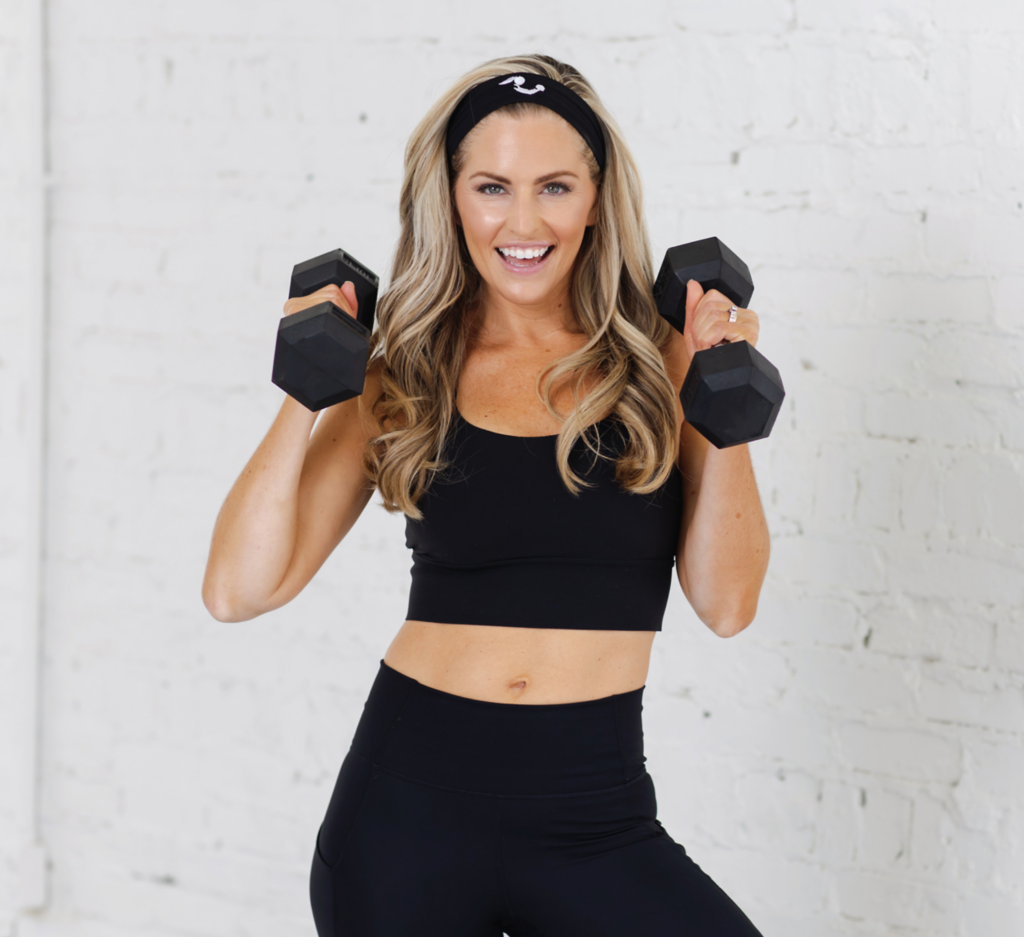
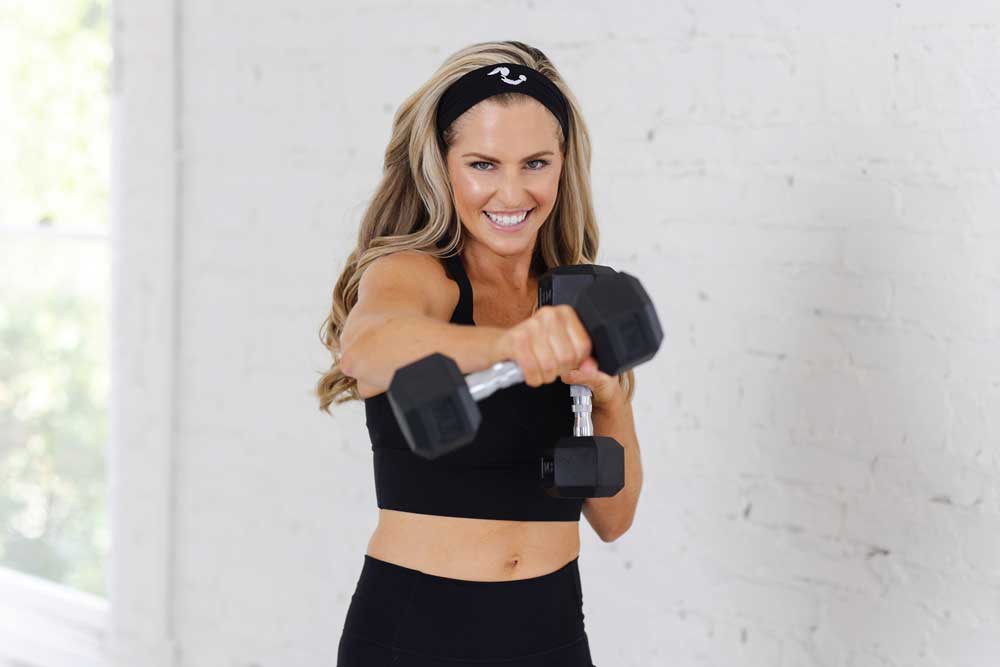
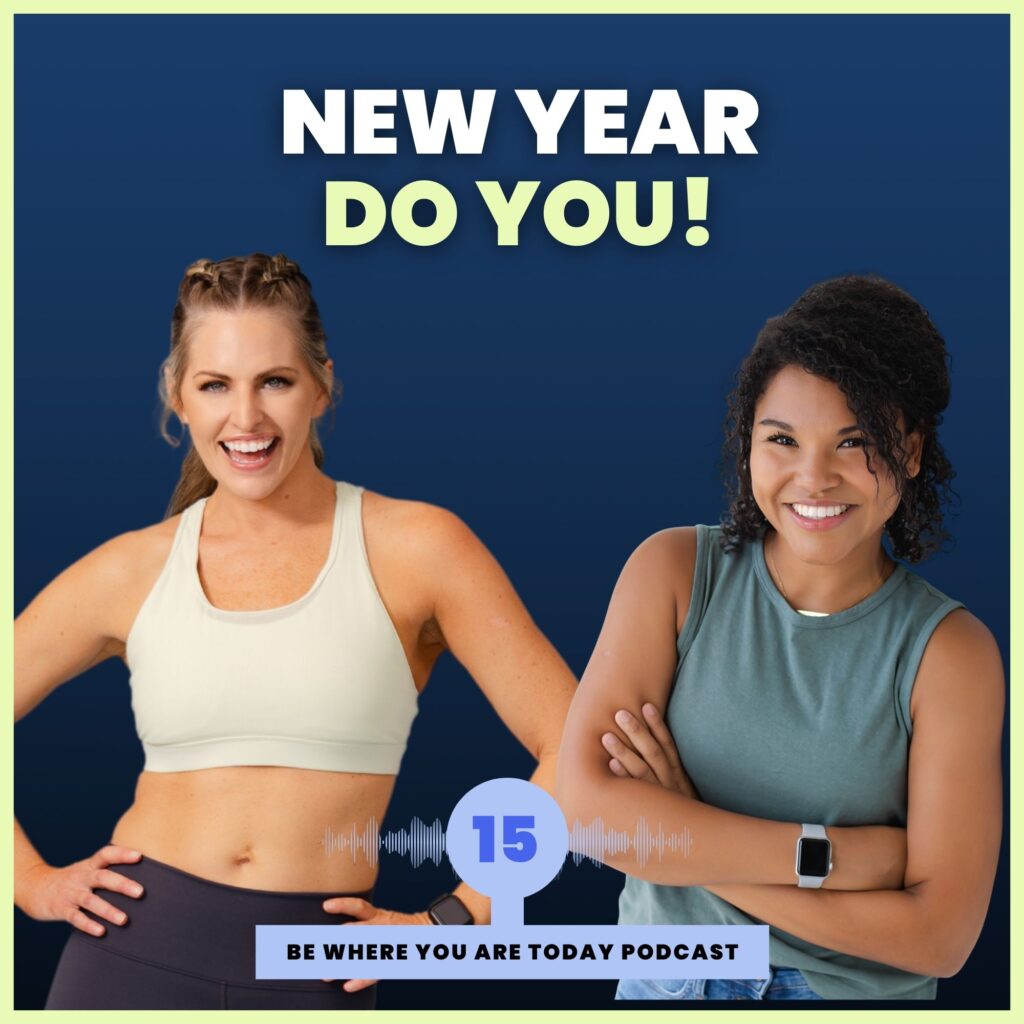


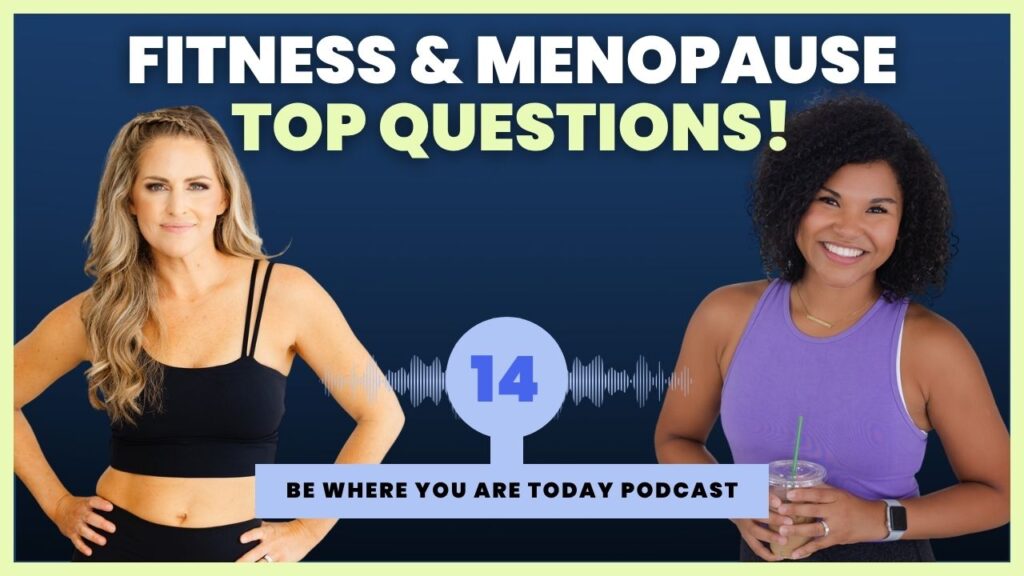


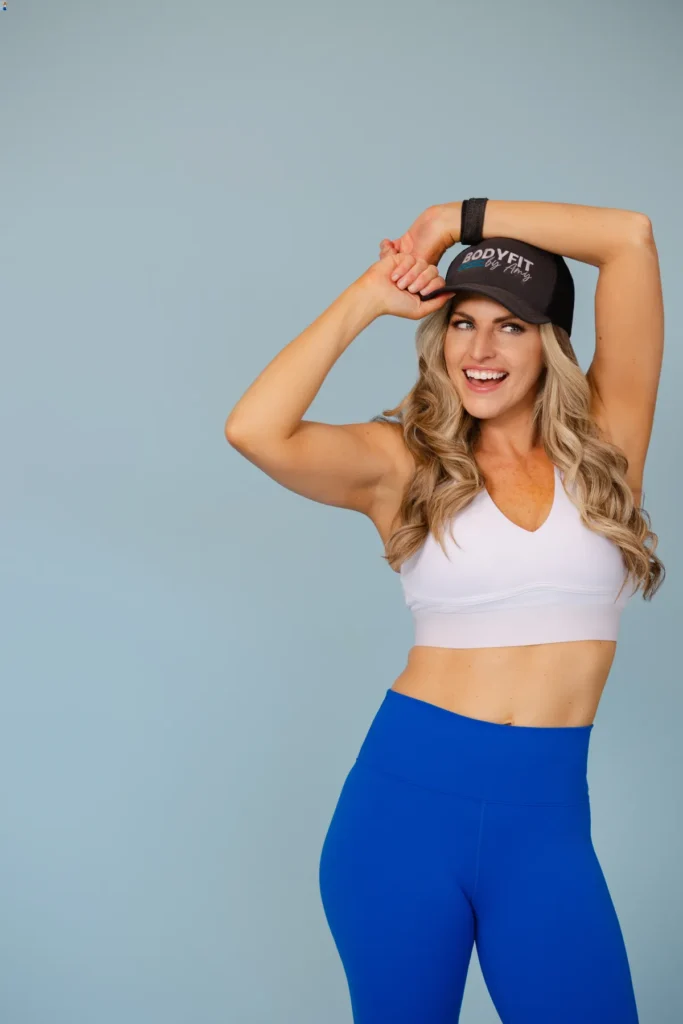

Leave a comment
Excessive rules that are hard to keep up with is like dieting 101: you can always blame the customer this way. YOU didn’t follow our rules by the book so it’s never the products fault!
YES, YES, YES! Toxic diet culture at its finest.